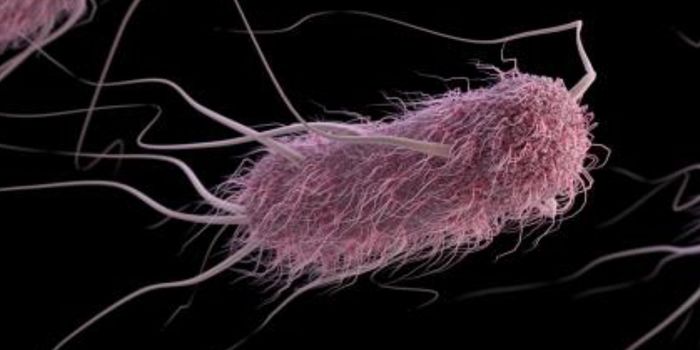Epigenetic Drugs: Promising Therapeutics
Epigenetics has emerged as a hot field in the world of cancer research and for other disease indications, as both the biological insight and techniques available for this area have expanded. So the first question is, what is epigenetics? Genetics is classically and simply defined as the study of genes, genetic variation, and heredity in living organisms. Genetics have been well documented to underlie numerous disease states, and we have been targeting genetic abnormalities for therapeutic benefit for decades, but what about EPI-genetics? Even in the field of epigenetics, that definition varies depending on who you ask. The Oxford dictionary defines epigenetics as “the study of changes in organisms caused by modification of gene expression rather than alteration of the genetic code itself.” Meriam Webster’s dictionary defines it as “the study of heritable changes in gene function that do not involve changes in DNA sequence”. Essentially, it encompasses things that happen upstream of gene function that alter expression, a process that is highly plastic in that these upstream modifications are dynamic and reversible, making them appealing as drug targets. Proteins and enzymes add, take away, interpret, or modify gene-interacting factors and modify chromatin architecture encoding genes, resulting in gene activation and expression or inactivation and repression. This process greatly impacts disease states in addition to all of the normal functions it is involved in such as development, and often epigenetic modifiers themselves are found to be altered in disease.
Epigenetic drugs have more recently emerged as a new class of drugs that act on enzymes modifying chromatin and proteins regulating chromatin, and have rapidly gained interest as they are proving effective in the clinic. As of 2015, there were two primary classes of epigenetic therapies showing good efficacy for cancer. These two classes act through inhibiting enzymes responsible for transcriptional repression and silencing, thereby activating otherwise inactive genes. So what classes are these? DNMT (DNA methyl transferase) and HDAC (histone deacetylase) inhibitors. HDACs were FDA approved for the treatment of myelodysplastic syndromes as well as certain lymphomas and multiple myeloma. Multiple HDACs are currently in clinical trials for solid tumors as well, and many in combination with either traditional therapies or newer, targeted therapies. Many of these inhibitors are reported to be effective in multiple tumor types, as they have more of a broad, global effect on the genome and a less narrowed focus on a single molecule or pathway. Instead, they are hitting targets that effect the entire genome and multiple genes, molecules, and pathways. Since 2015, a number of other classes of epigenetic drugs have begun to emerge and reach pre-clinical testing.
The effects of epigenetic therapeutics additionally seem to be well-tolerated. It is likely that there will be populations of patients that will benefit more from certain therapies than others, and investigation into who these patients are and how to identify them is still underway. This is similar to what is done for many precision-medicine, targeted therapeutic strategies in cancer. Identification of certain mutations, amplifications, or other aberrancies that will respond to treatments when others will not is key. Researchers in this field also note that new readouts of a “successful” drug may be needed since epigenetics is a complex mechanism of regulation, so our current methods may not be ideal. In the past, it has proven useful to identify a drug as successful if you see that it can kill cells and reduce tumor growth. While this is obviously still a desired outcome, in the world of epigenetic therapeutics, they may not be killing the cells but rendering them more benign or quiescent or more responsive to other therapies they are used in combination with, and identifying ways to assess these types of changes is still an underdeveloped area in this arena. Researchers are additionally still working on developing ideal drugs to target epigenetic modifiers implicated in disease. The field is expanding rapidly, and you can anticipate these drugs to become more commonplace and well defined in the coming years.
Sources: Clinical Epigenetics, Wikipedia, the Oxford Dictionary, Merriam Webster’s Dictionary, Pixabay, Ted Ed, Youtube









